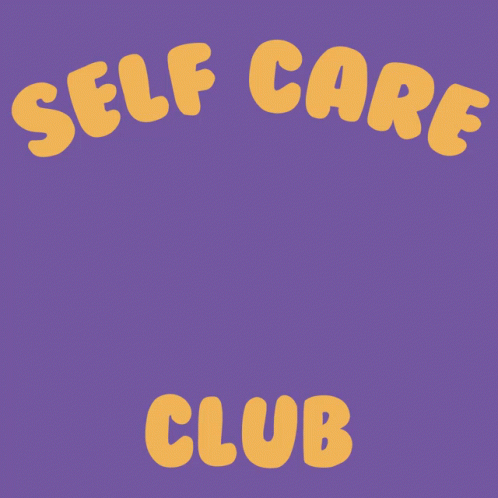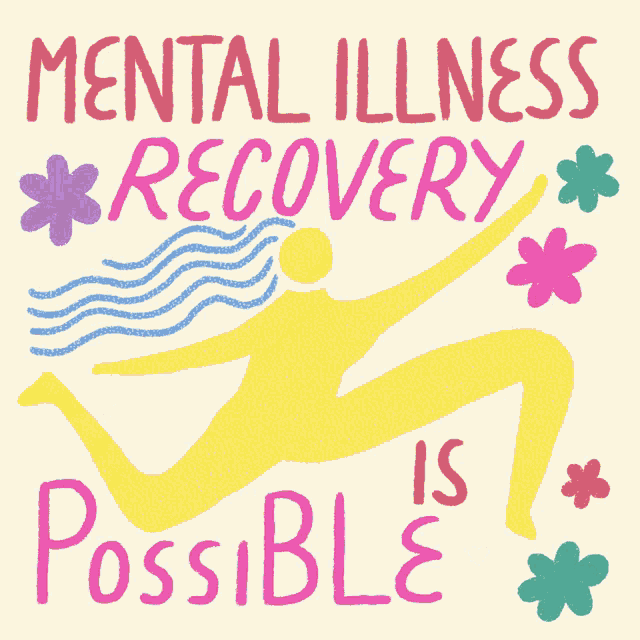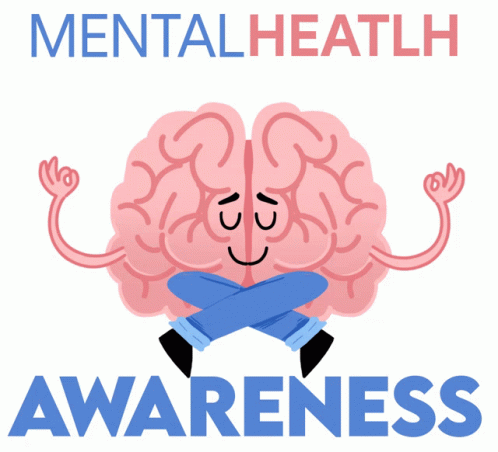



Hey everyone! Do you think about your mental health? If so, you’ve come to the right place. We prepared something for you – what mental illness do I have quiz. Take this mental illness test and see if you struggle with any disorder. Answer twenty questions and see for yourself!
Do you feel like you’re struggling? Take our quiz and find an answer to a question: Do I Have Depression? | This Quiz Analyzes 20 Factors To Answer
Over 280 million people of all ages (or about 3.5% of the world’s population) suffer from depression, a mental illness characterized by a depressed mood and aversion to activity. Motivation, thoughts, conduct, feelings, and one’s sense of well-being are all impacted by depression, which is a mental and behavioral condition according to medical classification. Anhedonia, which is defined as a loss of interest or pleasure in some activities that usually make people happy, is the main sign of depression. Depression is a normal and temporary reaction to stressful life events, such as the loss of a loved one, as well as a side effect of numerous medications and medical treatments. It is a symptom of a variety of mood disorders, including major depressive disorder and dysthymia. Sadness, trouble thinking and focusing, and a noticeable change in eating and sleep patterns can all be symptoms of it. People who are depressed may feel rejected, hopeless, and suicidal in their thinking. It may be temporary or permanent.
Adversity in childhood, including bereavement, neglect, psychological abuse, physical abuse, sexual abuse, or parents who treat their children differently from their siblings, can cause depression in adults. The incidence of depression throughout a survivor’s life is highly correlated, in particular, with experiencing physical or sexual abuse as a kid.
Do you like personality quizzes? Are you interested in the topic of mental health? If that’s the case, we invite you to take our mental illness test. Do you have BPD? Answer all the questions and find out!
Childbirth, menopause, money problems, unemployment, stress (related to work, school, family, living conditions, etc.), medical diagnoses (such as cancer or HIV), abuse, losing a loved one, natural disasters, social isolation, rape, relationship issues, jealousy, separation, or severe injury are just a few examples of life events and changes that can affect depressive mood.
Would you like to find out more about depression? Check the official WHO website to read more!
Many people’s mental health suffered as a result of the global COVID-19 epidemic, which also caused depression levels to rise dramatically. The University of Surrey conducted research on COVID-19’s impact on young people’s mental health in the fall of 2019 and in May and June of 2020. A research Report from the Journal of Psychiatry published the study. According to the study, the blockage (May/June 2020) was much worse than the previous fall in terms of depression symptoms and general well-being (2019). Clinical depression rates among study participants more than quadrupled, going from 14.9% in the fall of 2019 to 34.7% in May and June 2020. The study also emphasizes the link between certain life experiences and depression development.
Depression levels may change in response to personality or social environment changes. Depression is connected with poor extraversion, and high neuroticism personality domain scores enhance the risk of getting depressive symptoms and receiving any type of depression diagnosis. Other signs of personality can include brief feelings of hopelessness, mood swings that pass quickly, a loss of interest in once-favorite pursuits, sleep issues, withdrawal from previous social interactions, changes in appetite, and difficulty focusing.

The primary symptom of several mental illnesses is low mood. A set of conditions known as mood disorders are those that are thought to be the main causes of mood abnormalities. These include dysthymia, a consistently depressed mood whose symptoms do not fulfill the criteria for a major depressive episode, and major depressive disorder, which is defined by at least two weeks of poor mood or a lack of interest or enjoyment in practically all activities. Depressive episodes can also occur in people with bipolar disorder, a specific type of mood illness. One or more bouts of atypically elevated mood, cognition, and energy are associated with bipolar illness. The seasonality of the course of depressive episodes is a hallmark of seasonal affective disorder, which might include major depressive disorder, bipolar disorder, etc.
Struggling with a disorder? You can find out in our mental illness test free! Answer twenty questions and see for yourself.